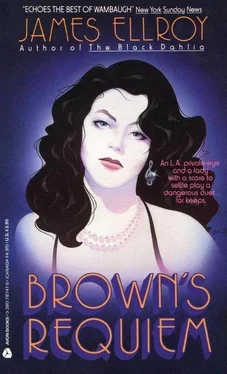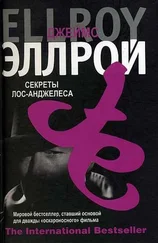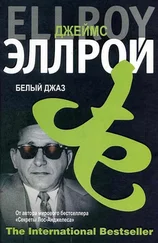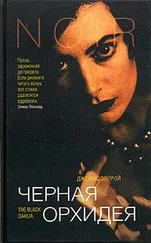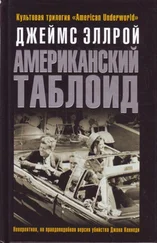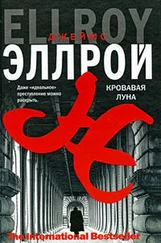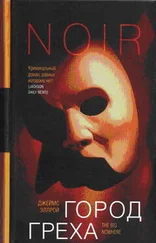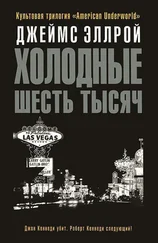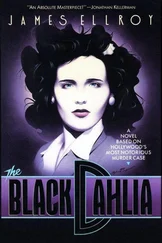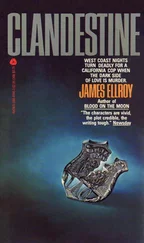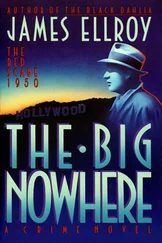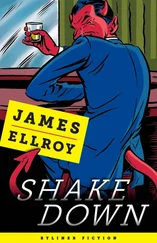“It was funny,” he said, “I was a claims investigator in those days, but I was selling policies on the side. I sold a full coverage policy to Edwards, the owner: damage, vandalism, fire, theft, comprehensive — strange for a cheapshit little bar like that, but what the hell? I was watching T.V. when the news bulletin came on. ‘Bar bombed! Six dead!’ Naturally, I hotfooted it down there fast since I knew it would be on my caseload.”
“And Edwards survived the bombing and collected a settlement, right?”
“Right. He wasn’t there that night. He got the thirty-five-thousand total coverage payment. Since it was an open and shut case, the cops nabbing the bombers so quick, we paid off fast.”
“What happened to Edwards?” I asked.
“Beats me,” McNamara said. “He took the money and ran. Wouldn’t you? He was a character, in and out of trouble all his life. When I sold him the policy, I attached a note to the file recommending thorough investigation of all claims he submitted. Of course, the bombing was the only claim he submitted, and it was legit.”
My steak arrived and I dug in. McNamara ordered another double martini. He was on his way.
“Can you give me a full description of Edwards?” I asked. “Full name, D.O.B., last known address?”
“Can do,” he said. “After you called, I stopped by the office and picked up the file. What I don’t remember, this baby does.” He rummaged through some papers on his lap. “Here it is. Wilson Edwards. Born Lincoln, Nebraska, 12–29–33. White male, brown and blue, 5'11‘, 180. A couple dozen arrests, through 1960. Minor stuff: trespassing, second degree burglary, possession of marijuana, shoplifting. When I sold him the policy in ’66 his address was 341 S. Bonnie Brae, Los Angeles.”
I wrote it all down. “Were you satisfied with the police investigation?” I asked. “What about the ‘fourth man?’”
“‘The fourth man’ was bullshit. The killers, Magruder, Smith and Sanchez, were buddies — painters. They were in the Utopia earlier that night. Drunk. They got fresh with some women and were bounced by the bartender. They came back just before midnight. Magruder opened the door and threw a three-gallon pail of gasoline into the bar. Sanchez followed it with a lighted book of matches. Six people fried to death. Smith was out in the car sleeping. Several survivors of the fire saw Magruder and Sanchez do it. Two men who survived had worked with Magruder and knew his address. He and Sanchez were arrested later that night in the driveway of his apartment building. They were both passed out from their drunk. They got Smith at his house later that morning. The ‘fourth man’ routine was just a dodge to beat the death penalty. It didn’t work. They all went to the gas chamber.”
I pressed on. “The arresting officer was named Cathcart, right?”
“Right. Haywood Cathcart. A choice asshole. When I got to the scene, right in the middle of the whole commotion, fire trucks, police cars, reporters, I saw a group of plainclothes cops talking. I tell them I represent Prudential as an investigator, and would they mind talking to me. Cathcart won’t even let me finish. He yells at me that this is police business, that he doesn’t want any insurance bimbo fucking things up. Then he has a harness bull escort me to my car. A choice shithead.”
“Let’s talk about the victims,” I said. “Did you pay out any money to their next of kin?” I was fishing now, hoping to luck onto something that would start my wheels turning. McNamara consulted his memory and his martini.
“Yeah, we did,” he said. “Ten thou apiece to the next of kin of four of the victims. The other two victims were elderly transients with no known next of kin.”
“Did any relative or friend of the victims sue? Either your company or Edwards? Or make any trouble?”
McNamara laughed. “No one sued, but one loco made a lot of trouble. Anthony Gonzalez’s kid brother, Omar. Tony Gonzalez was a Golden-Glover back in the 50’s. Omar worshipped him. He was about sixteen when his brother got French fried, and to say that he took it hard would be an understatement. He was probably the only one in L.A. who believed the fourth man existed, and Jesus Christ, did he make a stink about it. He pestered the cops, found out I was investigating the case for the insurance company, and then pestered me. He bugged the newspapers. It was insane. You remember the Joe Pyne Show? Every week he’d be in the audience. They had this thing called the Beef Box, where people from the audience could get up and air their gripes. Every fucking week Omar would be up there, running off at the mouth about the Utopia case and how the fuzz let the mastermind get away. He said the mastermind, that was what he called him, had a grudge against one of the victims and so he bombed the bar just to kill that one person. That way the cops wouldn’t check that one person’s enemies out. Kill six to get one. He said that Sanchez, Magruder, and Smith were just dupes. When they were executed, he took out a black-bordered ad in the L.A. Times . A full page. ‘When will the mastermind responsible for the death of my brother be brought to justice?’ etc. He used to hang out at 77th Street and buttonhole Cathcart, give him a hard time, expound on his latest theory. He bugged me a lot too, but I never resented it. Omar was a very bright kid, but his brother was strictly a punk. A barfly reliving his days of fistic glory. You remember a book — they made a movie out of it — Magnificent Obsession? That’s what it was for Omar.” McNamara’s eyes were clouding over with booze and nostalgia.
“What happened to him?” I asked.
“Oh, he’s still around. He liked me. I was patient with him. He used to come by my office and talk about his obsession and what he wanted to do with his life. He hated Cathcart and used to say he was going to join the L.A.P.D. so he could run all the assholes like Cathcart out. He sends me a card every Christmas. He’s had the same job, off and on, for years. Mechanic at a gas station in Hollywood. He’s also some kind of counselor at a drug recovery program in the Barrio. A great kid. Lotta heart.”
“Where’s the gas station where Omar works?” I asked.
“It’s a Texaco on Franklin and Argyle. If you talk to him, give him my best. Wish him good luck from me.”
I said I would and grabbed the check. I thanked McNamara and left him to his memories. I was glad to be sober.
Leaving the restaurant, I felt a strange surge of affection for Fat Dog Baker. He was growing in my eyes, from misanthropic buffoon to brilliant and daring killer. Stranger still, I felt that he had some secret knowledge that was important to me, some new epigram on urban wonder. I had beat up on a killer, and now it was time to make amends and win back his confidence before lowering the boom.
I checked my watch. Nine-thirty. Fat Dog should be asleep on the grounds at Bel-Air Country Club by now. But a golf course is a big place, and I might stumble around half the night looking for him, and scare him off in the process. It wouldn’t do to upset my gravy train, so I drove to the Tap & Cap to look for an escort.
The escort I had in mind was Augie Dougall, but he wasn’t there. The noise in the bar was deafening, country and western mawkishness coupled with loud voices. The Tap & Cap was bustling tonight, and the golf attire and sunburned faces told me it was packed with caddies. The same bartender I had talked to the previous night was on duty, so I went to him for a referral. He told me that every looper in the joint knew Fat Dog, and that no one could stand him. When I asked him who disliked him the least and might be willing to help me locate him, he pointed out a blond guy in his early forties named Stan The Man.
Читать дальше
